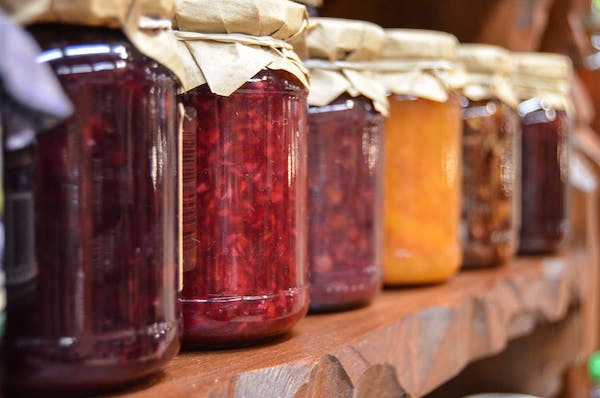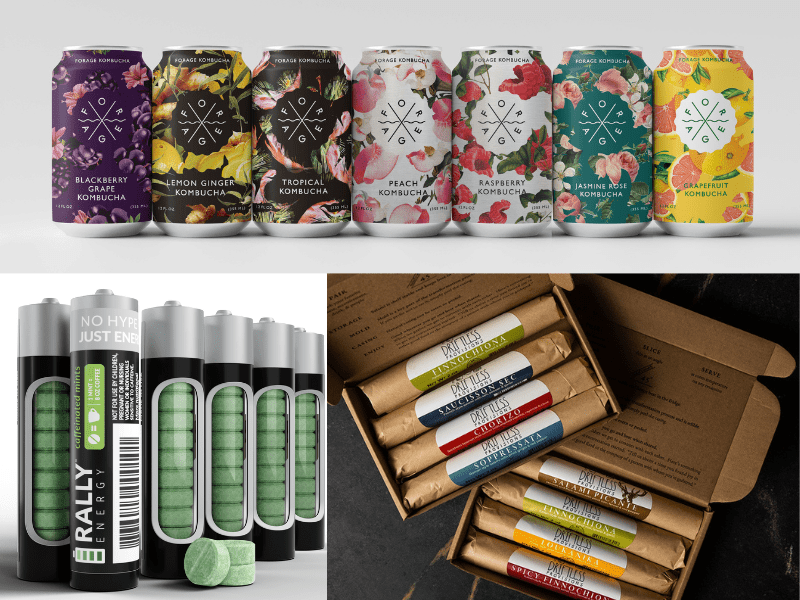[vc_row][vc_column][vc_column_text]From Farm Commons…
“The decision to add a value-added line is a serious one, and farmers need to consider the legal effects. But before anyone gets too worried, the legal aspects aren’t necessarily a hindrance; they simply require risk management. Farmers are no strangers to assessing risk, so the process should be a familiar one!
After reading this guide, farmers should be able to recognize the legal risks that come with adding a value-added venture to a farm operation. More importantly, farmers should feel empowered to resolve those risks. The next steps provided here are designed to help farmers grow a strong, resilient value-added operation that meets the farmer’s goals long into the future.
There is no single set of laws that apply to value-added products and no single definition of a value added product. Instead, each law may have it’s own specific definition. For example, halving a melon or trimming the florets from the broccoli stalk is considered “processing” under many food safety laws. Mixing two kinds of zucchini, placing them on a Styrofoam tray, and wrapping the tray in plastic with a label on top causes the product to fall under labeling laws. Freezing or dehydrating an item, or certainly heading to the stove or oven and producing jams, preserves, pickles, pies, cakes, and baked goods are all adding value.
Basically, if we’re handling the product beyond taking it out of the field and washing it to make it presentable for sale, we need to pay attention to the legal aspects of adding value.”
Visit Farm Commons’ website to download the guide.[/vc_column_text][/vc_column][/vc_row]

